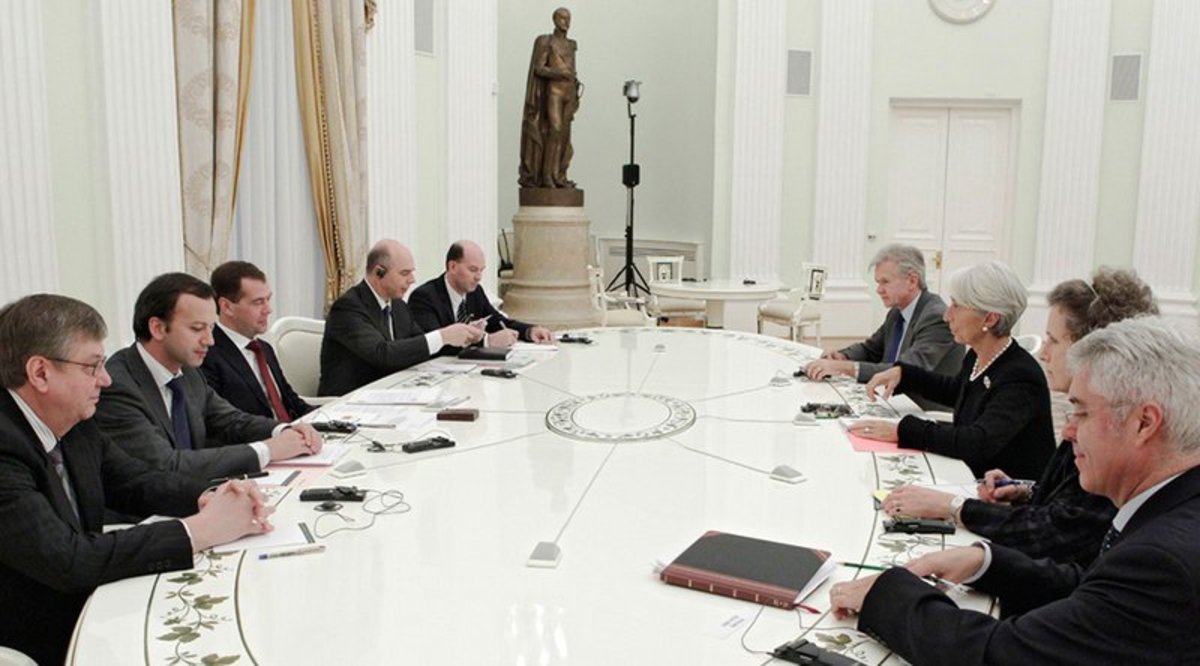In addition to the previous 15 blockchain patents filed, Bank of America is now trying to patent some of the uses of the Bitcoin technology, writing a draft of 20 more patents to be sent to the U.S. Patents and Trademark Office by the end of this month.
So, it seems Bank of America is trying to take control over the Blockchain by getting 100% of the patents covering Blockchain technology. And this path was shown a year ago by Coinbase too.
In fact, some months ago Coinbase filed patents for most of the aspects of the Bitcoin marketplace, including: Hot wallet for holding bitcoin, User Private Key Control, Bitcoin Private Key Splitting for Cold Storage, Instant Exchange, Personal Vault, Send Bitcoin to Email address, Bitcoin exchange, Tip Button, Off-Blockchain Transaction in combination with on-Blockchain transactions.
Now Cointelegraph has conducted a survey of Bitcoin lawyers with the following questions:
- How can we patent technology that was invented by an unknown person or group of persons (who we usually call Satoshi Nakamoto) to be open-source?
- Is this an attempt to kill Bitcoin and the Blockchain?
- How can we struggle against that?
- Can we call these actions "robbery"?
So, is Bank of America trying to steal the blockchain?
Founder of Coinlex and CPA in Arezzo, Directir of Assob.it, Stefano Capaccioli commented:
“I think that this bank is trying to use an old manner in a new world. Registering patents was the old manner, trying to obtain a monopoly somewhere, while this innovation is pushing towards open-source and decentralization.”
Also, according to Sian Jones, we cannot talk about “robbery”, because:
“If it’s a novel invention then you can apply to patent it and provided someone else didn’t get there first, you may be granted the monopoly right for a period of time. That’s the law. Whether or not it is ethical behaviour within a particular community, is a different matter.”
“Businesses (inside the blockchain realm and outside it), even ethical business operating lawfully, have a duty to maximise profits for the benefit of shareholders (always having regard for THEIR other stakeholders) and so they will exploit opportunities to acquire monopoly rights. You might say that’s NATURE. This illustrates just how significant some global financial institutions believe blockchain could become”, commented the founder of regulatory compliance consulting group COINsult and head of the European Digital Currency & Blockchain Technology Forum.
Bitcoin lawyer and Director of Diacle Limited, fintech regs advisory firm, Adam Vaziri said:
“It's a land grab, but hopefully it won't undermine the open-source/ open standards that makes blockchain tech accessible for all. More specifically I'm hoping that R3 will be able to navigate/challenge a web of IP claims by the banks within the consortium when they build their standard.”
Adam Vaziri continued:
“Blockchain is the Zeitgeist of this decade. Everyone has the same ideas so everyone will be claiming ownership in some form over them. But let's be honest that (internationally) patent rights are really carved out with legal proceedings; essentially, the threat of patent infringement from someone with deep pockets is enough for most businesses to buckle or licence the technology - this is an aggressive IP strategy, get patent pending on a spurious invention and troll your competition. But let's be realistic, if you had a great idea you would want to do what Warren Buffett recommends: build a moat around your IP fortress to keep out the competition. Anyone with any business sense would do that.
But you can't achieve collaboration with patents, that's why it is crucial to use the open source banner for collaboration, standard setting then build proprietary patentable models on the periphery; where that intersect is depends on how much and for what institutions need to collaborate. AOL built a moat around its email protocol then the world turned to open protocols. Lesson: if you make the moat too big then people will consider you an island.”
Cointelegraph’s correspondent wanted to ask Satoshi Nakamoto about the right of any financial structure to patent his invention and intellectual property, but he wasn’t available for answers at the moment of publication.












